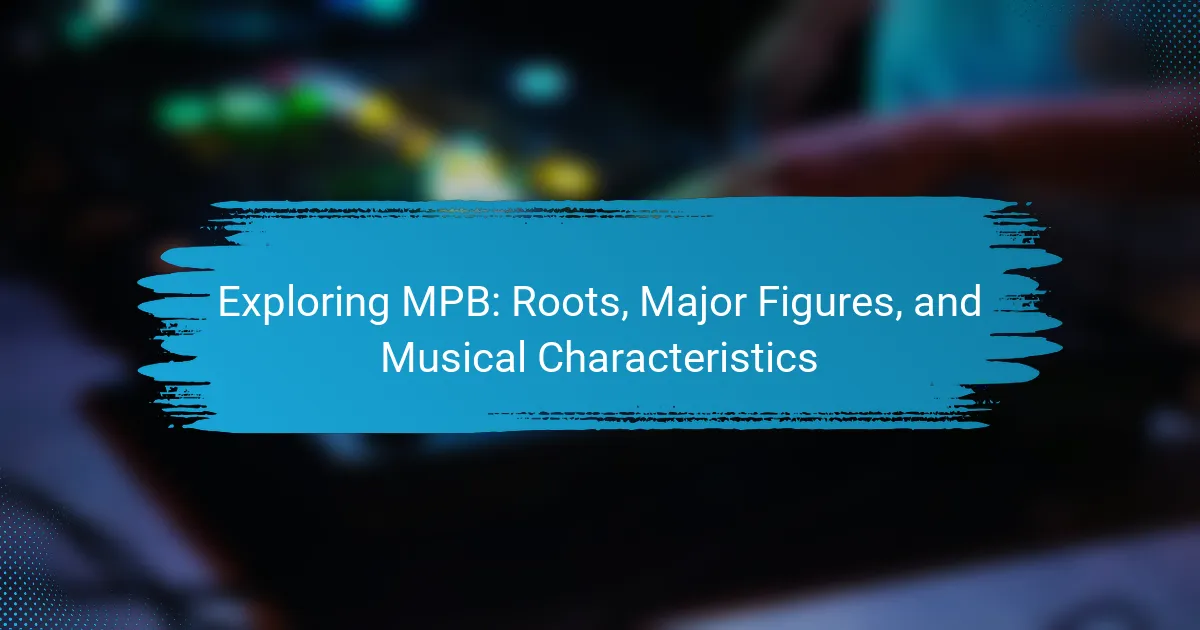Música Popular Brasileira (MPB) is a genre that combines traditional Brazilian music styles with international influences, emerging in the 1960s amidst Brazil’s cultural and political changes. This genre has produced influential artists such as Caetano Veloso, Gilberto Gil, Elis Regina, and Gal Costa, who have significantly shaped its landscape. MPB explores key themes including social […]
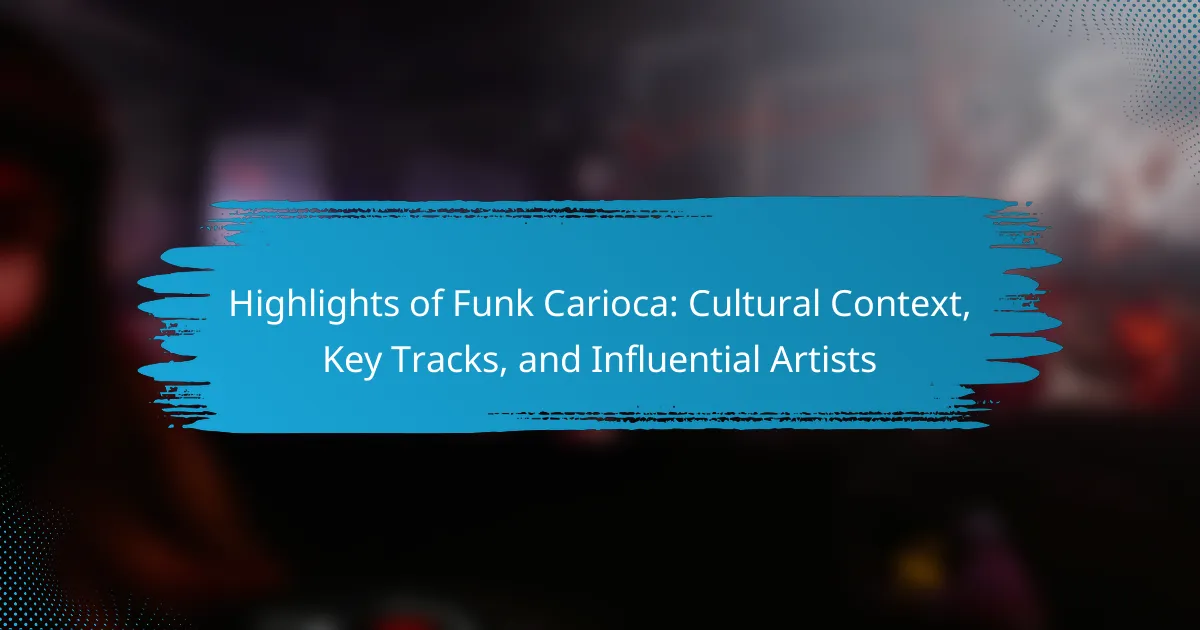
Highlights of Funk Carioca: Cultural Context, Key Tracks, and Influential Artists
Funk Carioca is a music genre that originated in the favelas of Rio de Janeiro, Brazil, combining hip-hop, electronic music, and traditional Brazilian rhythms. This genre, known for its fast-paced beats and explicit lyrics, emerged in the 1980s and gained traction in the 1990s, reflecting the socio-cultural realities of its communities. Key tracks such as […]
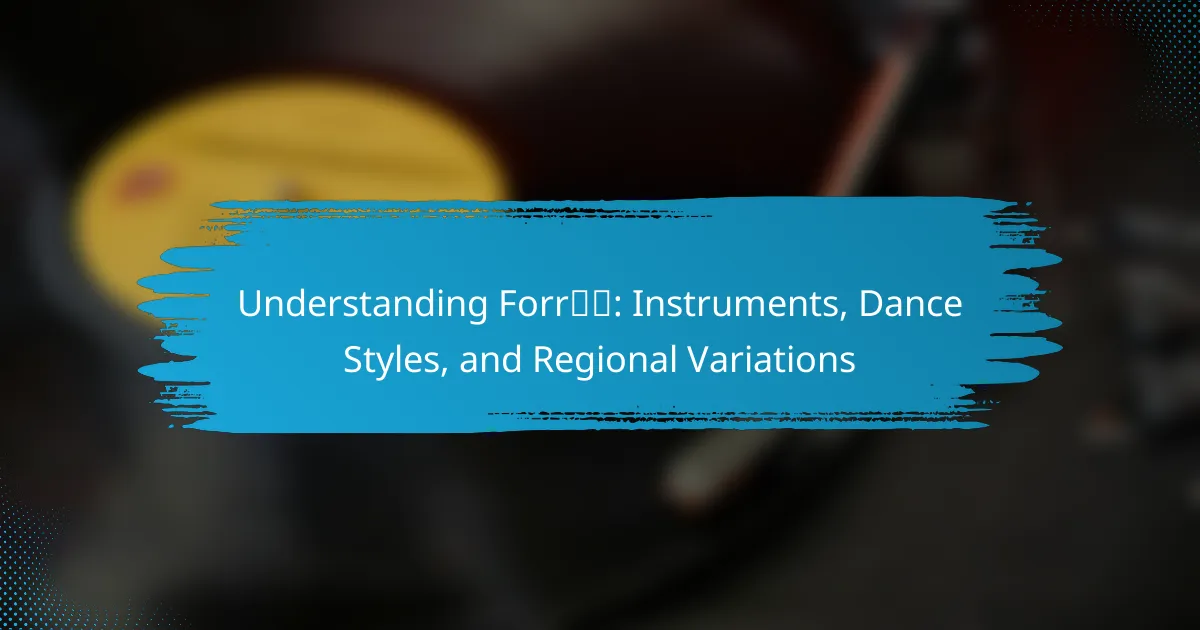
Understanding Forró: Instruments, Dance Styles, and Regional Variations
Forró is a traditional Brazilian music and dance genre that originated in the northeastern region of Brazil in the early 20th century. It encompasses various musical styles, including baião, xote, and quadrilha, and is characterized by lively partner movements and footwork. Key instruments in Forró music include the accordion, zabumba, and triangle, which together create […]
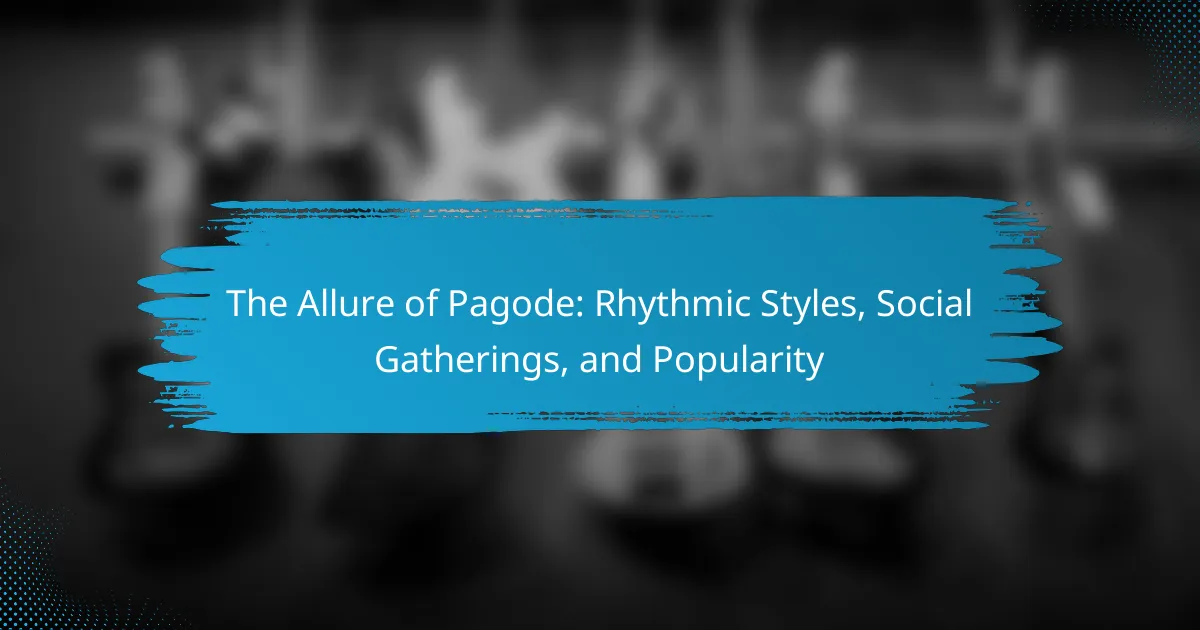
The Allure of Pagode: Rhythmic Styles, Social Gatherings, and Popularity
Pagode is a Brazilian music genre that evolved from samba, recognized for its distinct rhythmic patterns and the use of instruments such as the cavaquinho and pandeiro. Originating in the late 1970s and gaining traction in the 1980s, Pagode is integral to social gatherings, fostering community bonding and cultural expression through music and dance. The […]
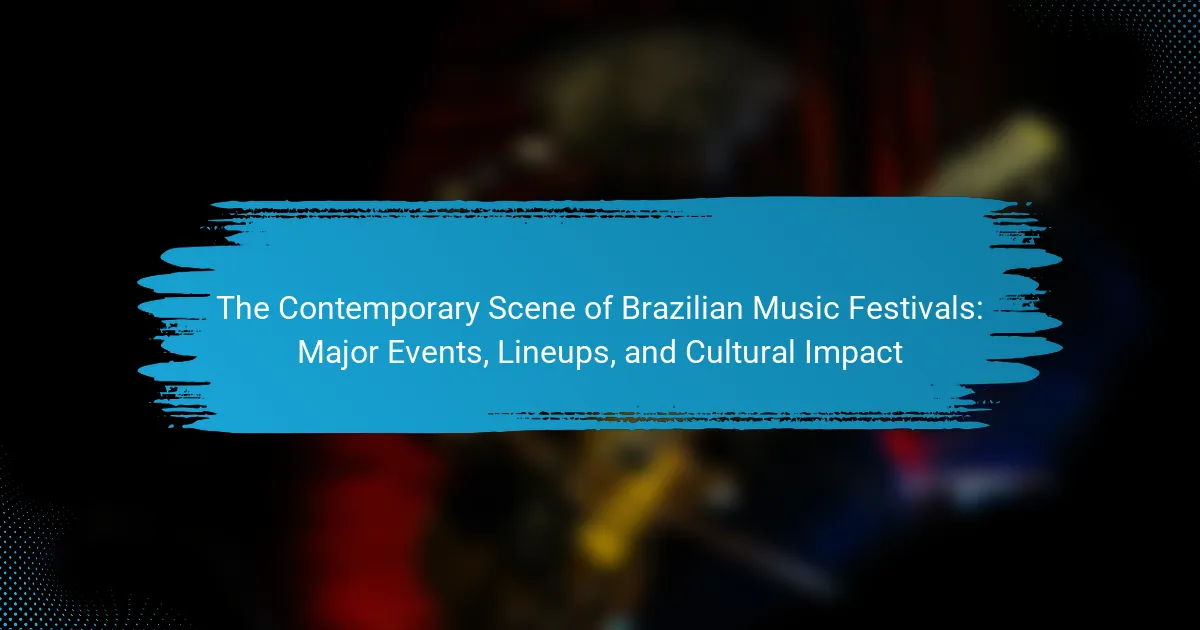
The Contemporary Scene of Brazilian Music Festivals: Major Events, Lineups, and Cultural Impact
The contemporary scene of Brazilian music festivals is characterized by diverse genres, cultural fusion, and large-scale events, with notable festivals such as Rock in Rio and Lollapalooza Brazil. These festivals showcase a wide range of music, including samba, rock, electronic, and MPB, while also promoting emerging local talent and facilitating cultural exchange. The integration of […]

Brazilian Rock: Evolution, Iconic Bands, and Cultural Impact
Brazilian Rock is a music genre that merges traditional Brazilian sounds with rock influences, originating in the 1960s amid cultural and political upheaval in Brazil. Key figures such as the band Os Mutantes and artists like Caetano Veloso and Gilberto Gil were instrumental in its development, particularly within the Tropicália movement, which promoted cultural diversity […]
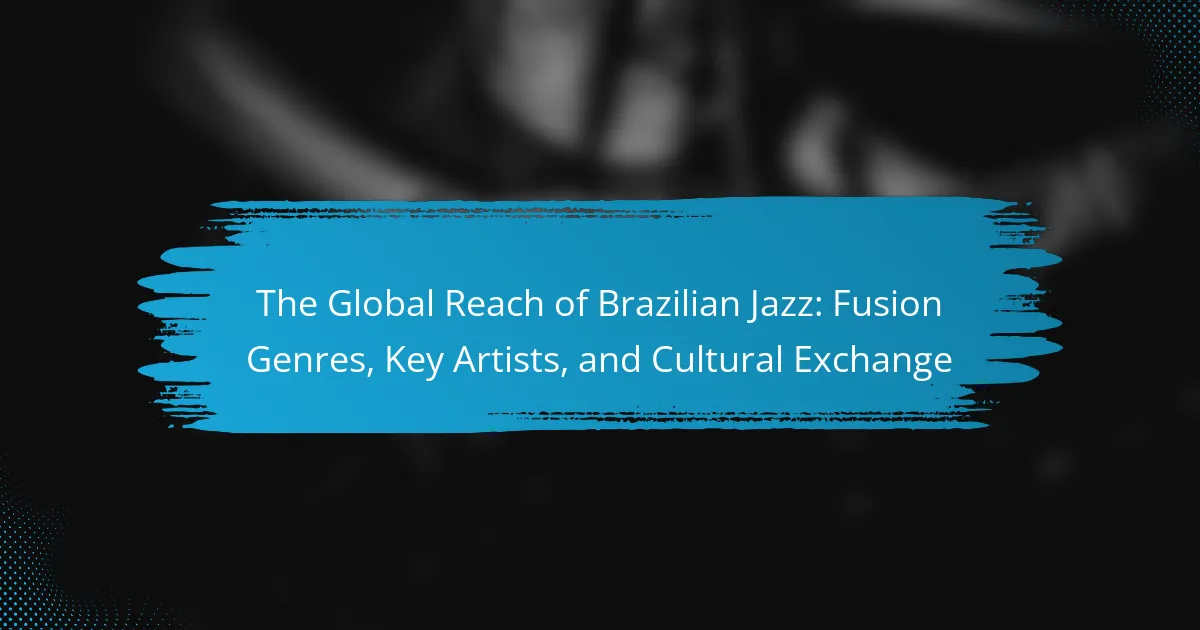
The Global Reach of Brazilian Jazz: Fusion Genres, Key Artists, and Cultural Exchange
Brazilian Jazz is a musical genre that merges traditional Brazilian styles, including samba and bossa nova, with jazz influences, originating in the mid-20th century. Key artists such as Antonio Carlos Jobim and João Gilberto played pivotal roles in popularizing bossa nova on a global scale. This genre has led to the creation of fusion styles […]
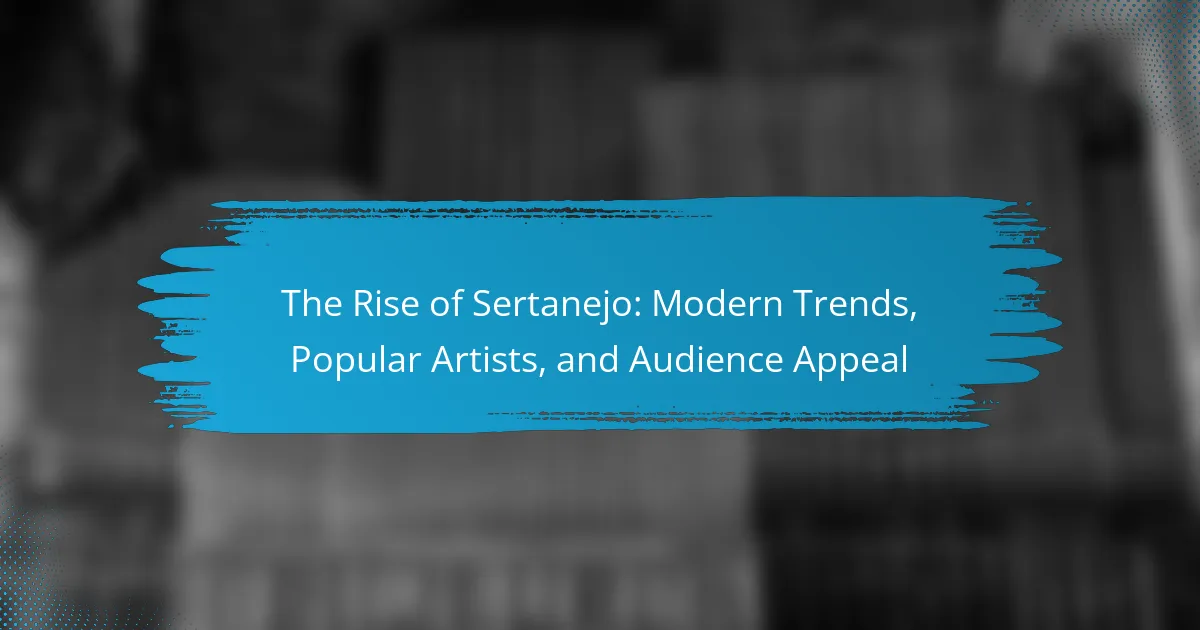
The Rise of Sertanejo: Modern Trends, Popular Artists, and Audience Appeal
Sertanejo is a prominent genre of Brazilian music that originated in the rural countryside in the early 20th century, drawing from folk traditions and European influences. It has evolved from its acoustic roots to incorporate modern pop and electronic elements, gaining substantial popularity in the 1980s and 1990s through artists like Chitãozinho e Xororó. Today, […]
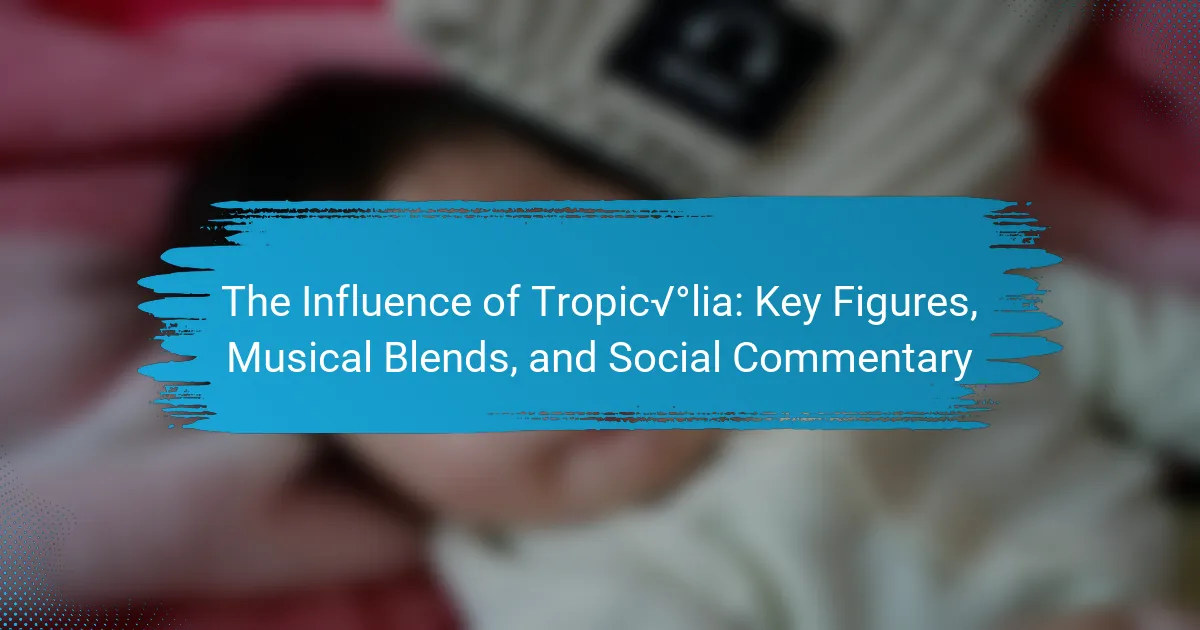
The Influence of Tropicália: Key Figures, Musical Blends, and Social Commentary
Tropicália is a significant cultural movement that emerged in Brazil during the late 1960s, characterized by its fusion of traditional Brazilian music with international genres such as rock and jazz. Key figures in this movement include musicians Caetano Veloso and Gilberto Gil, along with the band Os Mutantes. Tropicália not only transformed the musical landscape […]
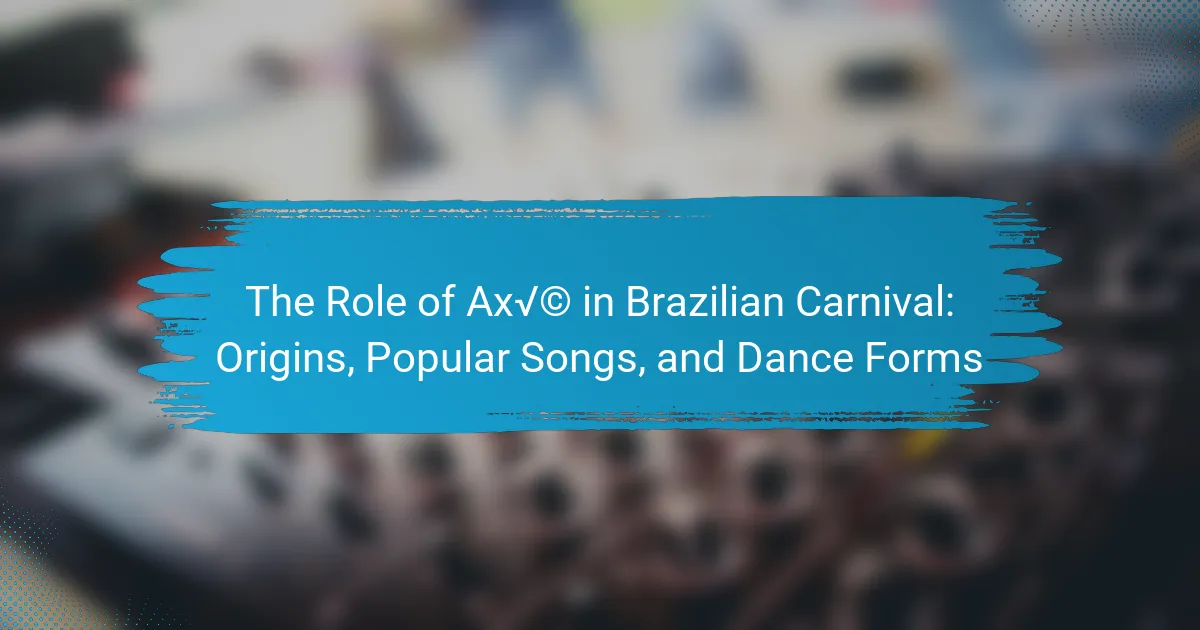
The Role of Axé in Brazilian Carnival: Origins, Popular Songs, and Dance Forms
Axé is a vibrant genre of music and dance that originated in Bahia, Brazil, during the 1980s, combining Afro-Brazilian rhythms with pop and rock elements. It plays a crucial role in Brazilian Carnival, serving as the soundtrack for parades and street parties while fostering cultural expression and community involvement. Key Axé songs like “Eva,” “O […]
